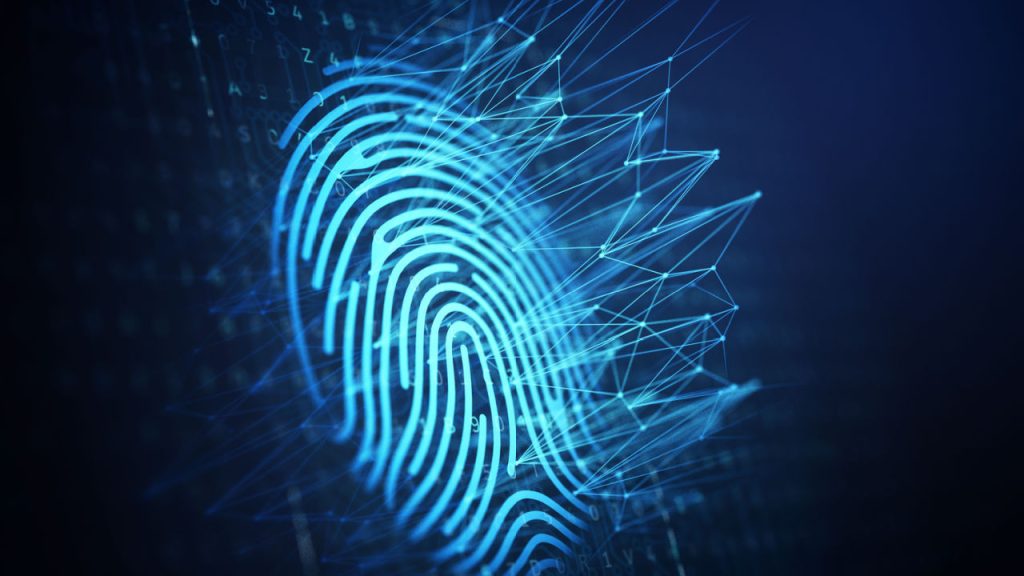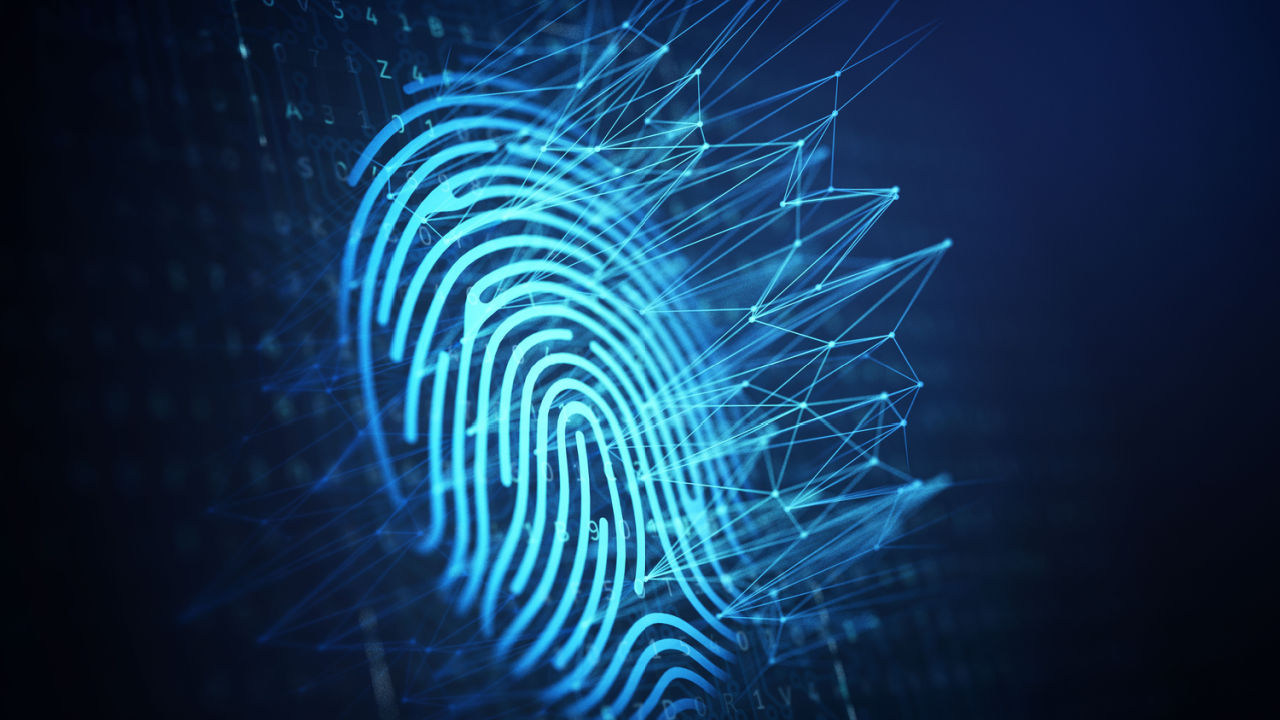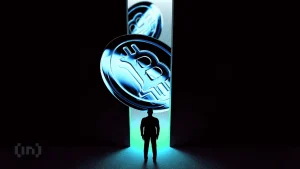‘Self-Custody Should Mean the Ownership of Everything About You’ Says Sharering’s Tim Bos – Interview Bitcoin News

[ad_1]

According to Sharering, a blockchain-based platform enabling the creation and use of “self-sovereign” verifiable credentials, millions of potential world wide web users are still disconnected from the internet because they lack required or verifiable identities, among other things. Without such verifiable identities or credentials, many disadvantaged groups, including refugees, are thus precluded from accessing information from the web that may enhance their way of life.
Sharering on Proving ID Online
To help such disadvantaged groups overcome this challenge, tech entrepreneurs and blockchain startups like Sharering have proposed or created a technology that enables internet users to “prove who they claim to be online.” Known as self-sovereign digital identity, this technology also ensures that “individuals maintain control and security over their own data.”
While the technology is seemingly still in its infancy stages, a growing number of organizations including non-governmental organizations (NGOs) have fully embraced it. For instance, Unconnected.org, a United Kingdom-based social enterprise that “connects the unconnected” to the world wide web, recently said it had partnered with Sharering.
As explained in a recent press release, Unconnected.org, which is seeking to connect one billion people to the internet, believes that barriers which “add friction to the availability of data” can be overcome or resolved with self-sovereign digital identities which are verifiable.
Some critics have argued that such verifiable digital identities come with flaws or disadvantages that may nullify the perceived advantages. However, according to Tim Bos, the CEO of Sharering, through hard work and constant adjustments self-sovereign digital identities are ideal when seeking to verify online identities.
In written responses to questions sent by Bitcoin.com News via Telegram, Bos also offered his thoughts on what he thinks needs to be done to help regulators and governments understand what Sharering and others are trying to achieve with self-sovereign digital identities.
Below are Bos’ answers.
Bitcoin.com News (BCN): Sharering recently said it had become the official partner of unconnected.org, a social enterprise that seeks to “connect the unconnected” to the world wide web. The objective of this initiative is to connect 1 billion users to the internet. Can you tell our readers more about this partnership and why you support the goal to connect that many people?
Tim Bos (TB): I believe that everyone can agree to the fact that the internet is a realm of information that grows every day, serving people from all walks of life and connecting them to one another in a relatively frictionless way. However, as the web continues to evolve, so does the need for our digital identities, that is, how we are represented and recognized online.
Taking that statement into consideration, it was a natural response for us to reach out to unconnected.org, and support their organization. They have an ambitious mission to connect 1 billion users to the internet. However, most or if not all of these users are underserved, meaning they barely have the basic equipment to access the internet.
Sharering could potentially be that bridge between these underserved communities and their access to gated information and services online. Take refugees for example, their identities would be difficult to transfer from their country of origin, and thus they would require some form of identity infrastructure to assimilate into the new communities. This relationship with Unconnected.org ignites the conversations for exploring Sharering’s identity technology to bridge underserved communities to the web and establish recognition through their digital identities.
BCN: Supporters of self-sovereign digital identities often argue that self-custody of one’s identity is the future. What does self-custody in the digital identity realm mean, and do you foresee more people embracing self-sovereign digital identities in the future?
TB: There’s a lot of talk about people having self-custody of tokens, wallets, and things like that along with the usage of cold wallets, hot wallets, and so on. But we believe that self-custody should mean the ownership of everything about you. Your passport, your driver’s license, your medical certificates – all these documents that are used to create and build your digital identity.
We feel that society has gone too far in the direction of giving too much information about ourselves to large organizations. In doing so, we’re losing self-custody of our information. Over and over again, we’ve seen that information hacked or stolen and used for nefarious purposes.
BCN: As we have seen with crypto assets, how regulators understand or perceive blockchain-based self-sovereign digital identities may to some extent determine their fate. Therefore, what are you and other players in the digital identities space doing to ensure powerful organizations or individuals are fed the right information about your work and what you want to achieve?
TB: To start with, Sharering can’t do anything with anyone’s identity. One of our core values is to give users full control. Our mission statement is centered around removing friction from everyday interactions while enabling our users with a higher level of security, trust, and ownership of their information, so it’s not about us telling people what to do with their identities, but it’s about them controlling what they do with their identities.
We believe people should be able to access goods or services by sharing only a minimal amount of information. For example, when I sign up for a service, the website always asks for more information than what’s needed in order to provide me with that service. If it’s a service where I need to prove that I’m 18 or older, why do they need my full name, my address, my driver’s license, and my passport number?
What we believe is that we should be able to answer that simple question with “Yes, I’m over 18” without oversharing any other personal information. So users remain in control throughout the verification process, and anytime they share any information through Sharering technology, they’re always notified and asked before any information is actually shared, so they go into these processes understanding exactly what data or personal information they are sharing.
BCN: It has been said that self-sovereign digital identities not only add security and flexibility to users, but also allow them to share data only when they choose. However, critics point to the complex process of tracking personal data and permissions which may be beyond ordinary users. They insist that this and other cons outweigh the benefits of self-sovereign identities. What would be your response?
TB: We’ve started this journey with user experience at the core of everything we do. It’s taken a lot of hard work and a lot of testing to get to a point where we believe the solution that we have actually caters to the ordinary, everyday user.
When somebody needs to sign up for a service or prove something about themself, we ask a very simple question to them through the Sharering app, and they need to approve that request in order to answer the question. For example, do you want to send your date of birth to this company? Or do you want to tell this company that you’re over 18? All the user needs to do is put their thumb on the fingerprint reader on their mobile device in order to verify and approve the request.
We’ve seen a lot of blockchain-based, self-sovereign digital identity companies with systems that aren’t user-friendly. They assume users have a lot of existing knowledge and then users are required to set up a wallet, go through processes, and connect with things like Metamask. We want to remove those barriers. We want to make sure it’s easy for people. In fact, a new version of what we’re doing removes things like the recovery key, so you can sign up without having to think about a recovery key, and you just give your name and email address. There’s no need for a password; you just use your biometrics.
An exception is when you want to back up your Vault, at which point you’ll be asked to save and note down a recovery key. The identity part – where you scan documents to prove and verify your identity – you only need to do this the first time you use your digital identity. We call this the ‘adjusting time process,’ to make it easier for users to access the Sharering ecosystem since we’re removing this barrier from future data transactions.
What are your thoughts on this story? Let us know what you think in the comments section below.
Image Credits: Shutterstock, Pixabay, Wiki Commons
Disclaimer: This article is for informational purposes only. It is not a direct offer or solicitation of an offer to buy or sell, or a recommendation or endorsement of any products, services, or companies. Bitcoin.com does not provide investment, tax, legal, or accounting advice. Neither the company nor the author is responsible, directly or indirectly, for any damage or loss caused or alleged to be caused by or in connection with the use of or reliance on any content, goods or services mentioned in this article.
[ad_2]
Source link









